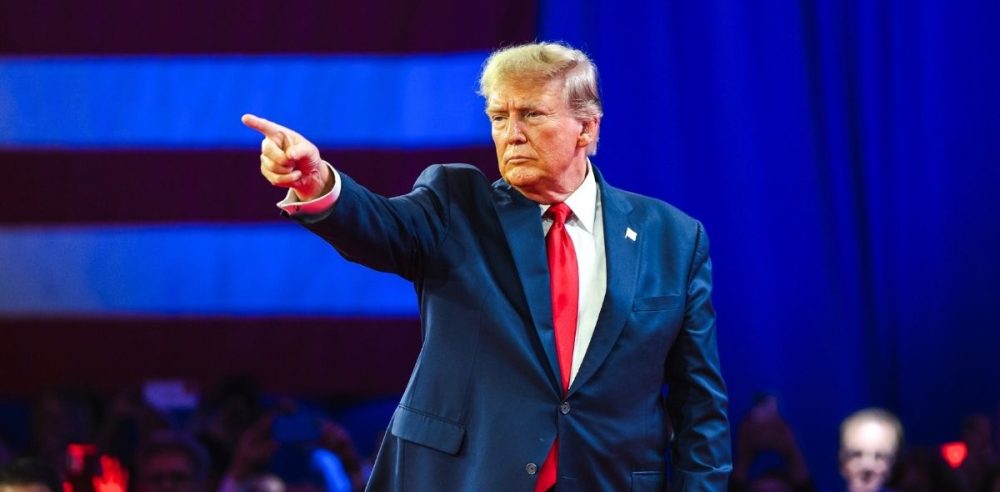Facing a renewed push for steep tariffs on Chinese imports by President-elect Donald Trump, footwear giant Steve Madden has announced a strategic shift to cut its production in China by half.
The $3 billion company currently relies heavily on Chinese manufacturing, with 70% of its imports coming from the country. CEO Edward Rosenfeld stated that the plan to diversify production sources had been in development for some time, anticipating potential tariffs should Trump win reelection, CNN reported.
Rather than moving operations to the United States, Steve Madden will source products from countries like Cambodia, Vietnam, Mexico, and Brazil.
This decision reflects the broader apparel industry’s challenge of domestic manufacturing. High labor costs and a lack of skilled manufacturing infrastructure in the U.S. make it difficult for companies to produce competitively priced goods at home, even with the incentive of avoiding tariffs.
The retail industry has voiced concerns about the impact of Trump’s proposed tariffs, which could be as high as 60% for Chinese goods. According to the National Retail Federation, a $50 pair of sneakers could increase by nearly 30% in price, illustrating the significant cost burden tariffs could place on consumers. This anticipated price hike has apparel and footwear companies scrambling to adjust their supply chains to minimize potential costs.
In an effort to reduce tariff exposure, Madden’s goal over the next year is to bring down the percentage of goods sourced from China to around 40-45%. This would mean that less than half of the company’s production would be subject to potential Chinese import tariffs. Rosenfeld noted that while it’s difficult to forecast the exact economic consequences of these tariffs, the company is prepared to adapt swiftly, CNN reported.
Although tariffs aim to encourage more domestic production, most companies are opting to transfer operations to other low-cost manufacturing countries rather than to the U.S. The quick production turnaround and efficient labor costs available in countries like Vietnam and Cambodia are critical in meeting the demands of the fast-paced fashion industry.
Despite Trump’s intention to use tariffs as a protective measure for American industries, many economists warn that they could function like a tax on U.S. households. Research from the Peterson Institute for International Economics estimates that Trump’s tariffs could add an annual cost of $2,600 for an average American household, driven by price increases across various imported goods.
While Steve Madden’s early response may help the company navigate tariff changes, Rosenfeld admitted that the effects on the global economy and supply chains are still largely unknown. With the entire retail sector keeping a close eye on these developments, Madden’s shift could mark the beginning of broader industry changes to avoid the high costs of future tariffs.
Written with the assistance of artificial intelligence.


